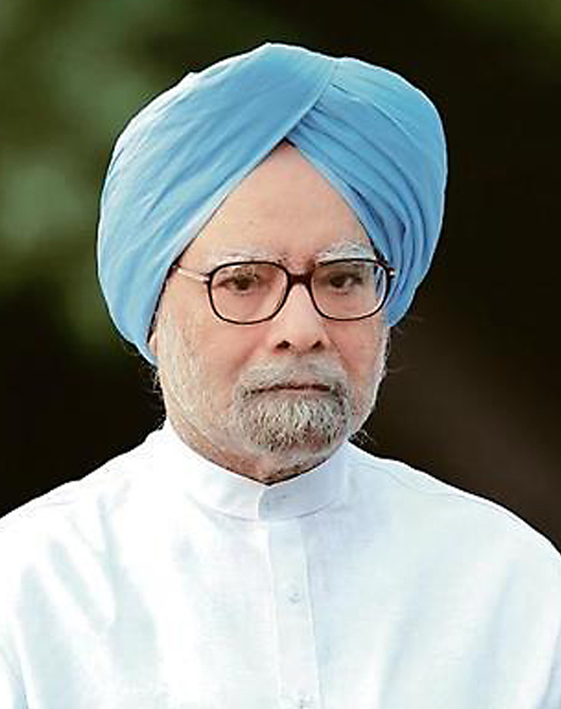


Dr Manmohan Singh, the revered economist and former Prime Minister of India, passed away on December 26, 2024, at the age of 92. He left behind a legacy marked by economic reform, global diplomacy and a commitment to social justice that transformed India into one of the world’s fastest-growing economies. Born on September 26, 1932, in a small village in Punjab, which is now in Pakistan, Dr Singh was the son of a schoolteacher.
His early education instilled in him a thirst for knowledge and a commitment to lifelong learning. He went on to study at Punjab University, earning a degree in economics before pursuing further studies at the University of Cambridge and the Massachusetts Institute of Technology (MIT), where he received a doctorate in economics. These formative years laid the foundation for his future career and remarkable contributions to India's economic policy.
Dr Singh rose to prominence in the late 20th century as a technocrat with a vision for India’s future. He served in various capacities within the Indian government and institutions such as the Reserve Bank of India.
However, it was during his tenure as the Finance Minister from 1991 to 1996 that he pioneered landmark economic reforms that shifted India's economic landscape. As the architect of the 1991 liberalisation policies, Dr Singh dismantled the License Raj, reduced tariffs and opened India to foreign investment. It was under his stewardship that the Indian economy achieved unprecedented growth rates, setting the stage for India to emerge as a global economic power. Dr Singh’s ascent to the Prime Ministership in 2004 was a testament to his respected standing in Indian politics.
Leading the United Progressive Alliance (UPA), he served two consecutive terms until 2014. His tenure was characterised by the continuation of economic reforms and significant social initiatives. Programmes like the National Rural Employment Guarantee Act (NREGA) demonstrated his commitment to poverty alleviation and employment generation, making a tangible difference in the lives of millions. Despite his numerous achievements, Dr. Singh's leadership style was often described as understated and quiet.
He was a technocrat at heart, preferring to rely on data and analysis rather than the theatrics often associated with political leadership. Many admired his integrity, dedication, and humility. He was a man who shunned ostentation, opting for a simple lifestyle even while serving as the Prime Minister of the world's largest democracy. On the international stage, Dr Singh played a pivotal role in reshaping India’s foreign relations. His efforts to strengthen ties with the United States, particularly through the landmark Indo-US Civil Nuclear Agreement of 2005, were instrumental in redefining India’s global standing. He championed India’s role in global governance, advocating for greater representation of developing countries in institutions like the G20 and the United Nations. Throughout his life, Dr Singh remained steadfastly committed to social justice and affirmative action.
He understood the nuances of India’s diverse society and worked tirelessly to address the challenges faced by marginalized communities. His vision for India was one where economic growth was inclusive, ensuring that the benefits reached every strata of society.

